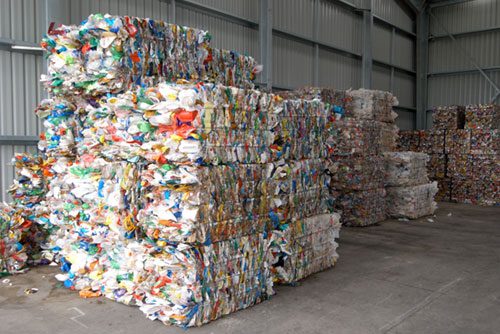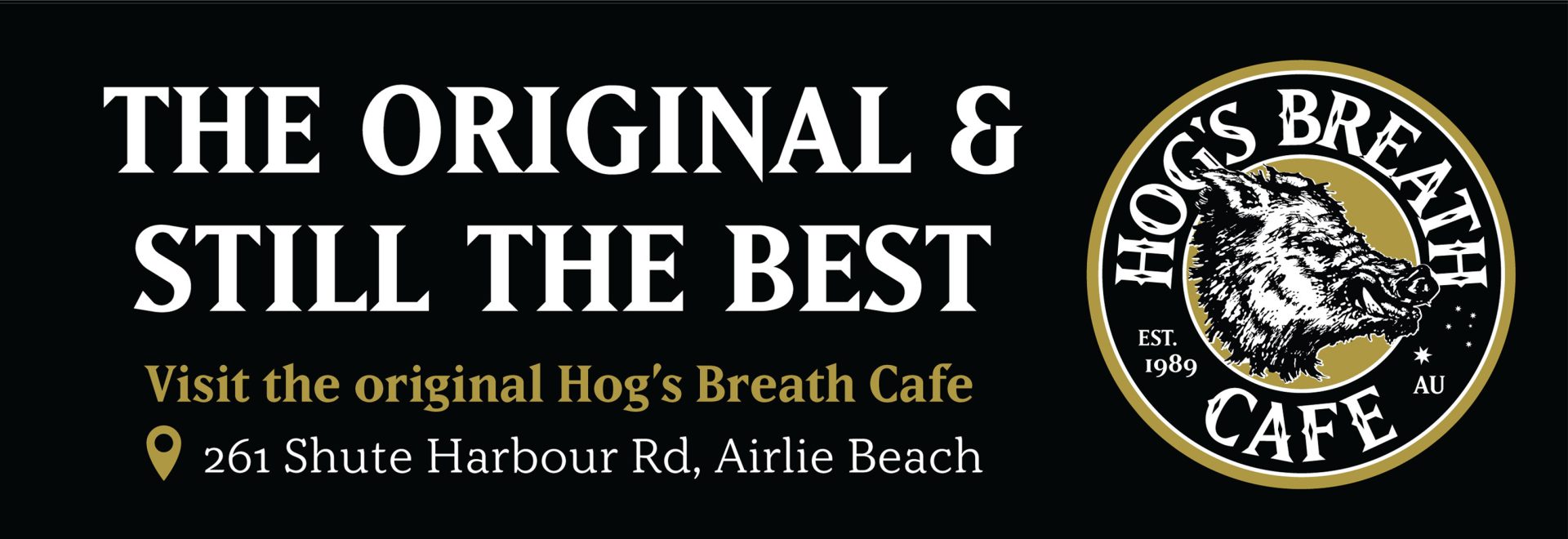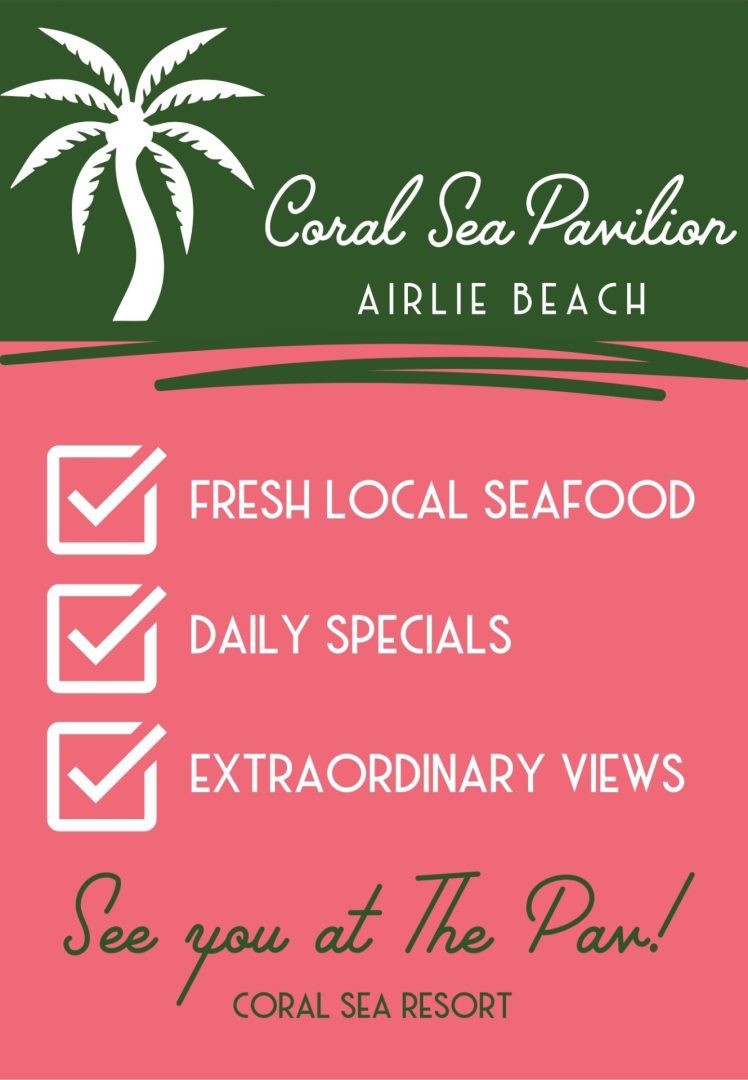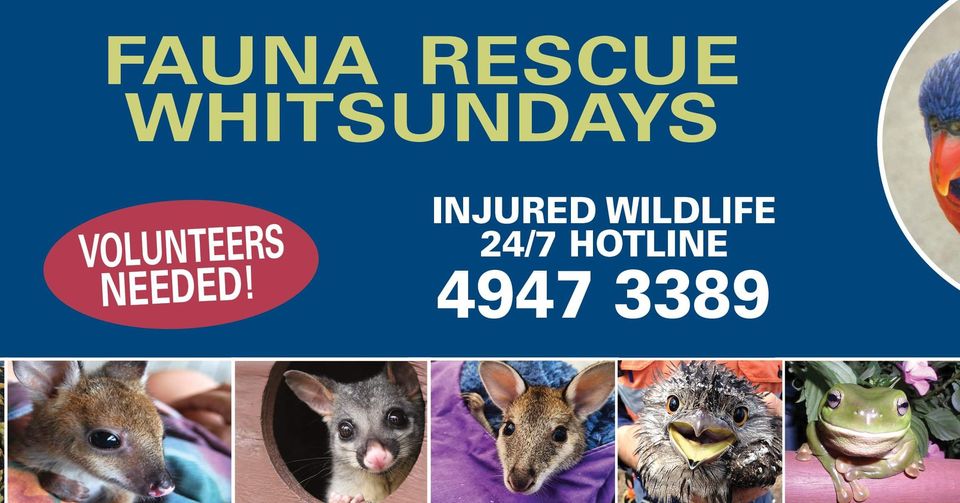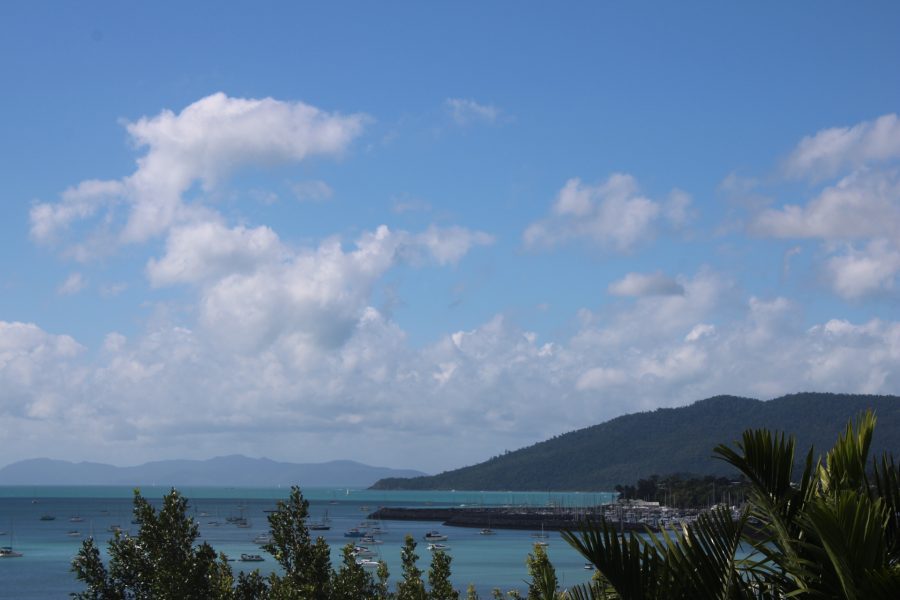RESIDENTS are being urged to improve household recycling habits, especially when it comes to the yellow recycling bins.
Whitsunday Regional Council has been granted more than $100,000 to educate and empower residents to make the correct choices when it comes to sorting their waste and recycling.
The funding has been granted through the Queensland Government’s Let’s Get It Sorted Partnership Program, which is so far supporting 26 councils statewide.
The overarching program hopes to spread a united message across the state to improve household recycling habits and trigger behaviour change in residents.
Whitsunday Regional Council Mayor Ry Collins said the funding had created the ‘perfect springboard’ to address regional recycling challenges.
“We live in one of the most environmentally diverse and delicate regions in the world, and in order to protect our local ecosystem, everyone needs to be playing their part in our war on waste,” Mayor Collins said.
“Our 2023 bin audit demonstrated that, across the region, there is a 30 per cent rate of contamination in our recycling bins, with the biggest issues being soft plastics and bagged recycling being placed into our yellow recycling bins.
“The campaign will focus on reducing this percentage, and another audit will take place at the end of the campaign to see how we are tracking as a region.
“By rallying the community together to make the correct choices when sorting their waste, we can make a real difference together.”
Council’s co-ordinator Waste and Recycling Clinton Shand emphasised the importance of communicating the core recycling messages, for the campaign to have maximum effect.
“We have chosen to focus our messaging on the DOs and DON’Ts of recycling to get back to the basics of sorting waste correctly within our community,” Mr Shand said.
“By starting from scratch, we can hope to bust some recycling and waste myths, and ensure all residents are on the same page with their recycling knowledge.”
The campaign will have a soft launch during February, with some recycling messages distributed with the household rates notices.
“Residents will also have the option to opt in to receive a ‘recycling top tips’ fridge magnet, by visiting the Let’s Get it Sorted page on council’s website,” Mr Shand said.
The Let’s Get It Sorted campaign is proudly funded through the Queensland Government’s Let’s Get It Sorted Partnership Program.
More information is available at Let’s get it sorted! – Whitsunday Regional Council.
Keep it out!
There are certain things that we must never put in our recycling, in fact, when we put non-recyclable items in the yellow bin, it can contaminate the whole load!
This can mean it gets sent to landfill rather than being recycled.
To ensure you make all your recycling efforts count, never put the following in your yellow bin:
- Soft plastics – if you can scrunch it in your hands, then it’s a soft plastic. This includes food packaging, plastic film, bags and bin liners. Please put soft plastics in the general waste bin or avoid them altogether.
- Food and garden waste – try to compost these! If you are unable to do so, food scraps should be put in your general waste bin. Green waste can be taken to your nearest transfer station to be made into mulch.
- Clothes and textiles – if they are in good condition, try selling them on, or donating to your nearest charity shop. If not, repurpose as rags, or place into your general waste bin.
- Rigid Plastics – items like old toys, kitchenware, plant pots and industrial materials like PVC piping can’t be recycled through your yellow lid bin. If they are in good condition, try selling them on, or donating to your nearest charity shop. If not, place into your general waste bin.
- Batteries – should never be placed in your general waste bin or recycle bin, as they can cause fires in the bins or the trucks that collect them. Council runs a household battery recycling program. Look out for the special bins that are located at all of our Customer Service Centres and Libraries. Bins can also be found at the Collinsville and Cannonvale Transfer Stations depots.
- e-waste – electronic waste should never be placed in the general waste bin or recycle bin as they contain toxic chemicals such as lead, cadmium and mercury that are bad for the environment and hazardous to human health. Instead take e-waste to your nearest landfill or transfer station to be disposed of correctly.
- ‘Other’ types of glass – don’t put glassware in the yellow lid bin, except bottles and jars that have previously contained food or liquid. Glassware can contaminate other recyclables, as this type of glass melts at a different temperature compared to bottles and jars, which have previously contained food or liquid. Other glass which has not contained food or liquid, should be placed in the general waste bin.
- Paint and household chemicals – these can be dangerous when disposed of incorrectly. They contain toxic substances that are harmful to you and the environment. They should never be poured down the drain or into waterways. Paint can be recycled through your nearest Paintback drop-off location. Contact ChemClear for more information on how to recycle your chemicals.


